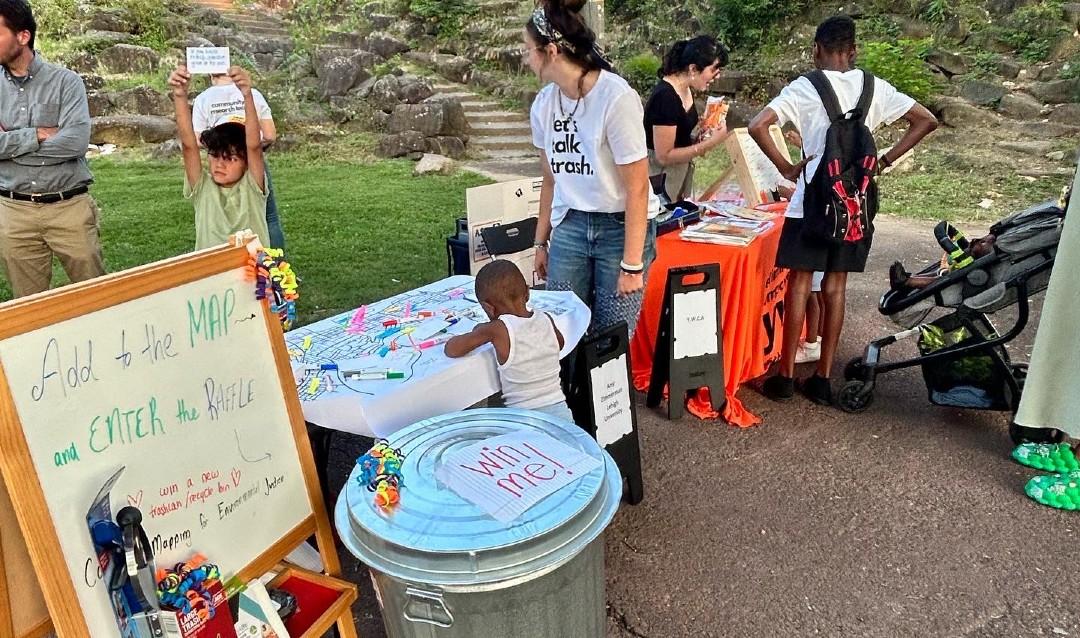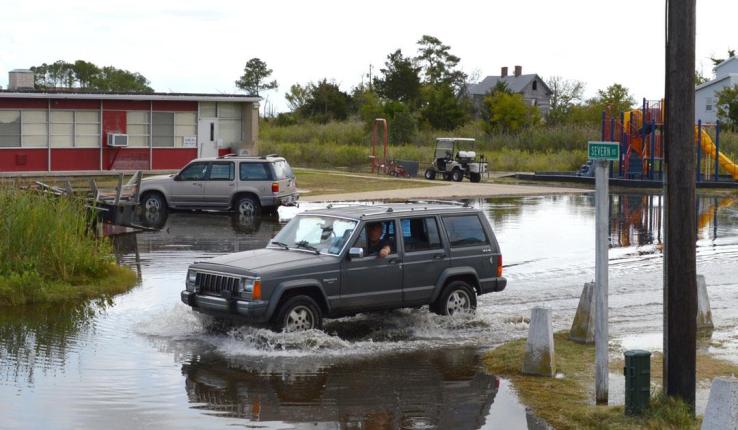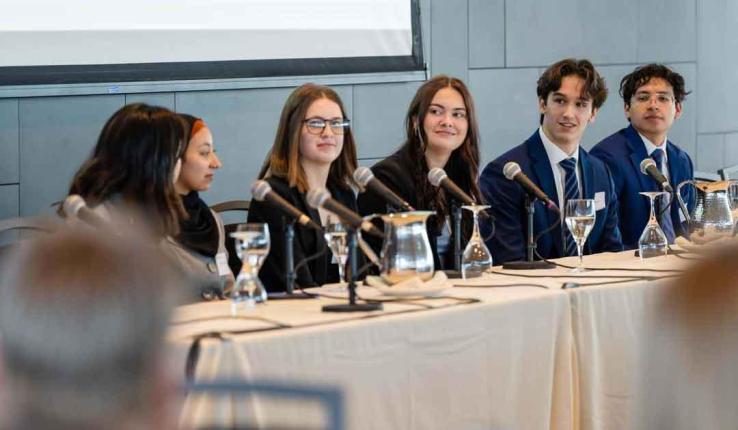The relentless challenges of littering, accumulated waste and unlawful dumping are everyday realities in communities in the Lehigh Valley, sparking an ongoing quest for effective solutions to create cleaner, more health-conscious environments.
To ease the problem in South Bethlehem, a Mountaintop team, "Community Mapping for Environmental Justice," has formed a partnership with South Side residents to address the issue.
The team—Shelby Carr, a Ph.D. candidate majoring in English, and Amy Zimmerman '25, studying psychology and health, medicine, & society—aims to identify pressing environmental concerns, collaboratively generate a map to spotlight environmental justice hotspots (areas experiencing recurrent illegal dumping), and propel efforts to enhance the holistic health and well-being of the South Side community.
The project has its roots in a community-based participatory research project led by Kate Jackson, an assistant professor in the College of Health and a South Side resident. She attuned herself to the concerns and interests of fellow South Side Bethlehem residents and business owners. The rampant accumulation of trash prominently stood out among the issues raised.
Drawing on her expertise in environmental justice, Jackson ideated with residents, leading to a collective solution: an online map highlighting areas of significant trash buildup. This tool would serve as a guide to identify critical zones of need, allowing for targeted strategies to clean and improve these hotspots.
"The Community Mapping team strives to build a foundation where city policy, neighborhood advocacy, and communal efforts converge for the common good. Situated in the community, we, as Lehigh University professors and students, have the time and resources to delve into trash policies, observe trash handling practices, and research how diverse communities navigate multi-hauler issues. It's about gathering insights and fostering dialogue to collaboratively explore sustainable solutions for prevalent waste management issues," Jackson said.





